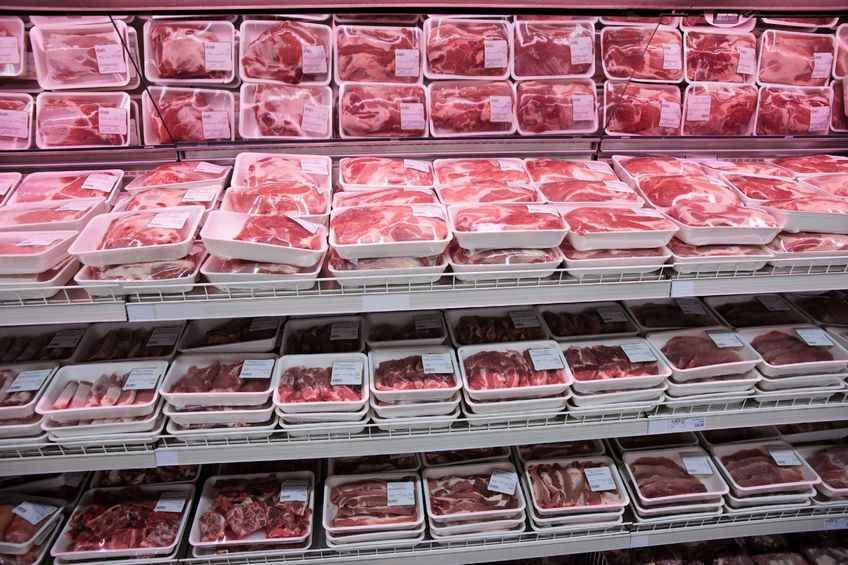
The government has been urged to 'broaden and deepen' the role of the Groceries Code Adjudicator to ensure fair trading practices in the supply chain.
The Adjudicator currently has responsibility only for direct contracts between retailers and suppliers.
This effectively leaves indirect suppliers and primary producers exposed to unfair practices further up the supply chain.
In 2008, the Competition Commission identified a number of imbalanced trading practices within the grocery supply chain which were unfairly benefiting retailers leading to the creation of the Groceries Code Adjudicator.
The Groceries Code covers the 10 largest UK supermarkets and is designed to help control practices that have a negative impact on suppliers and stifle supply chain innovation.
But the Tenant Farmers Association (TFA) is one organisation leading the calls to extend the GCA's responsibilities.
TFA North East Regional Chairman Stephen Wyrill said: “It took until 2013 for the Government to respond to the problem by creating the current Adjudicator and having made a good start, more needs to be done to extend the adjudicator’s role to cover unprotected parts of the supply chain.
“In the context of Brexit it is vital that we ensure that the groceries market is operating as efficiently as possible and given the clear evidence of the market failure which currently exists, it is time for the government to put in place the necessary measures to extend the remit of the Adjudicator at this time,” said Mr Wyrill.
Spot checks
The TFA believes that three changes should be made to the Adjudicator’s remit.
Firstly that the Adjudicator should have responsibility for ensuring fair trading practices within the whole of the supply chain from primary producer through to the retailer.
Secondly that the Adjudicator should be given the powers to conduct spot checks on retailers without notice.
Thirdly, further work is being urged to be done on mandatory price reporting including how the retail price is shared between retailers, processors and primary producers.
Mr Wyrill continued: “These changes are practical, proportionate and necessary. A Government consultation on an extension to the remit of the Adjudicator ended in January and since then we have heard nothing from the Government about what it intends to do.
“Some of the biggest impacts of Brexit will hit the food supply chain and we must therefore ensure that it is operating as efficiently as possible, ensuring fair returns for everyone and this can only be achieved by enhanced regulation.”
'Far and transparent'
Mr Aled Jones, Chairman of the NFU Cymru Milk Board said farmers wish to see 'fair and transparent' supply chains across the board.
“Voluntary codes have been introduced in an attempt to resolve a number of long running issues. Although there have been some positives for primary producers there are still too many buyers that operate outside of the principles of the codes.
“In my own sector too many companies continue to give very short notice of price changes to their producers, unreasonable notice of specification changes and changes to required volumes without sufficient warning to name but a few.”
Mr Jones said dairy farmers want to see 'sound principles' developed in the voluntary codes and given more status.
According to a YouGov survey carried out on behalf of the GCA, 62% of direct suppliers said they had experienced an issue in the past year – compared to 70% in 2015 and 79% in 2014.
